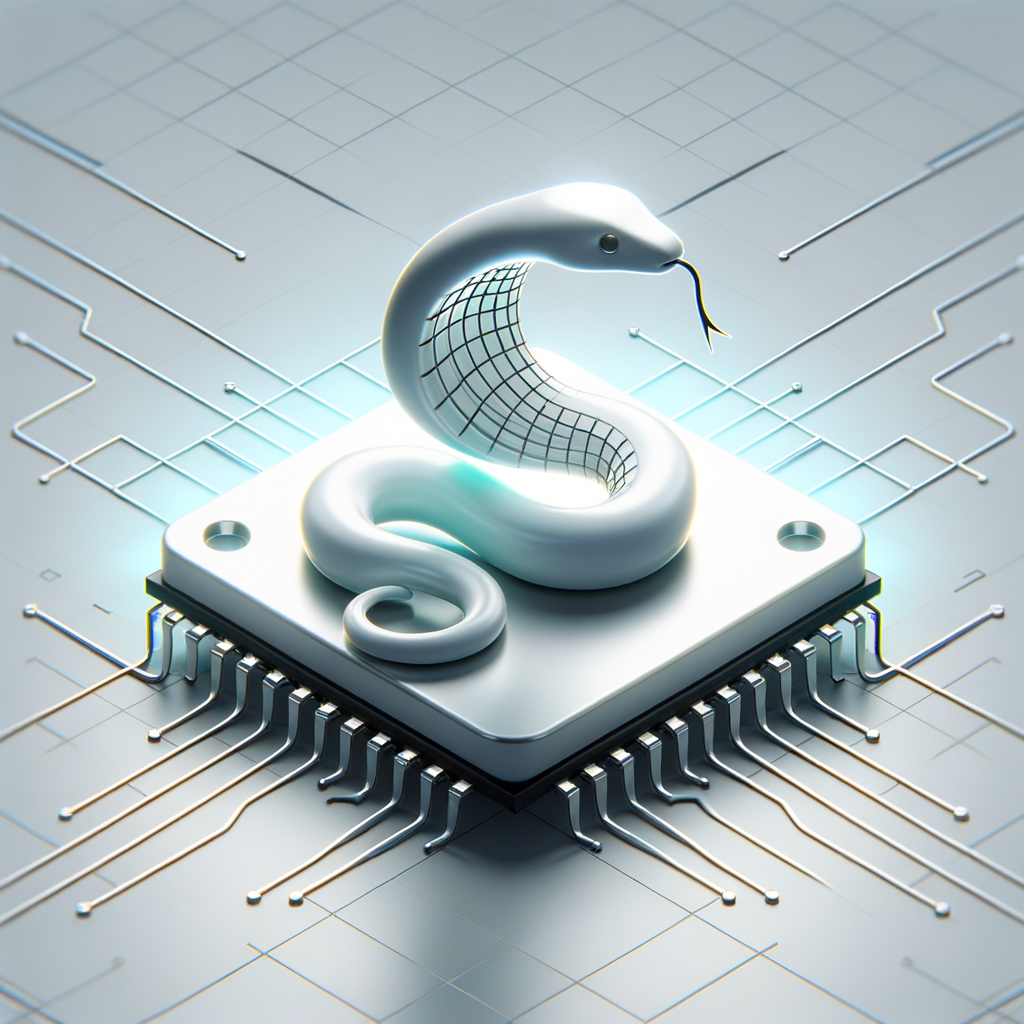
Python's Role in Shaping the Future of AI: Beyond the Basics
Explore how Python is not just a programming language, but a core driver in the innovations shaping the future of Artificial Intelligence. This blog delves into advanced techniques, libraries, and frameworks that leverage Python to push the boundaries of what AI can achieve.
In the ever-evolving landscape of technology, Python has carved a niche for itself as a pivotal language in the development of Artificial Intelligence (AI). Its simplicity, coupled with powerful libraries and frameworks, empowers developers and data scientists to create robust AI applications. But beyond the basics of machine learning and data processing, Python's ecosystem is continuously expanding to support more complex and innovative AI solutions.
The Power of Python in AI
Python's versatility and readability make it a preferred choice for AI development. The availability of libraries such as TensorFlow, PyTorch, and Keras simplifies the implementation of complex algorithms. These tools support both novice programmers and seasoned data scientists in their AI endeavors.
Advanced Techniques and Libraries
While beginners might start with basic machine learning models using Scikit-learn, those looking to push the boundaries can explore more advanced libraries like Hugging Face’s Transformers for natural language processing tasks, and OpenCV for computer vision projects. Furthermore, Python facilitates efficient data manipulation with pandas and NumPy, and its visualization libraries like Matplotlib and Seaborn aid in understanding complex datasets.
Frameworks Driving the Future
Frameworks like Django and Flask are not only useful for web development but are increasingly being integrated with AI to build smart applications. With tools such as FastAPI, developers can create high-performance APIs extensively used in AI operations.
Community and Resources
A significant advantage of using Python is its community. With a strong open-source ethos, new libraries and updates are continuously shared, making it easier for developers to access resources and support.
Conclusion
As AI continues to evolve, so does the role of Python in this domain. It's not just about coding algorithms, but about being part of a larger movement towards more intelligent systems. With its growing repository of libraries and a passionate community, Python is set to propel AI innovations to new heights.